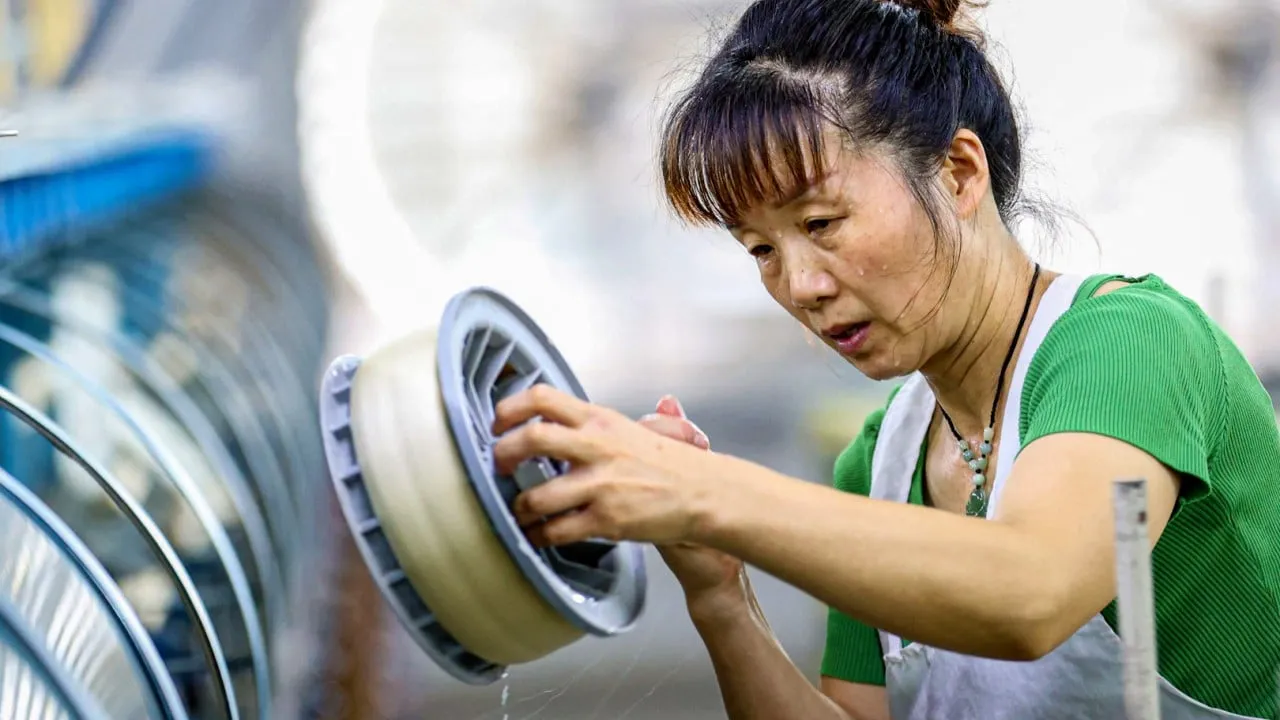Retirement Age In China Set to Rise Amid Pension Funding Challenges

Retirement Age Reforms in China: Addressing Pension Shortfalls
China's National People's Congress has proposed adjustments to raise the retirement age, reflecting growing concerns about pension system sustainability in the face of an aging population and falling birth rates.
Key Changes in Retirement Policy
- Men's retirement age increases from 60 to 63, while female office workers will see theirs raised from 55 to 58.
- Female blue-collar workers must now wait until age 55 to retire, a significant shift from the previous 50.
These reforms aim to alleviate funding pressures that threaten the integrity of the social security system, projected to become financially inadequate by 2035.
Demographic Challenges and Economic Impacts
China's total fertility rate has plummeted, standing at only 1.05 children per woman in 2022, fueling demographic decay. COVID-19 has exacerbated the situation, reducing the working-age demographic and challenging economic recovery.
Future Outlook and Recommendations
- Raising birth rates remains a long-term goal, yet immediate fixes are vital for pension sustainability.
- Stakeholders suggest exploring mandatory contributions from state-owned enterprises to support pension systems.
A recent analysis indicates that adjusting the retirement age significantly could reduce pension shortfalls, yet a multifaceted approach is necessary to ensure long-term fiscal health.
This article was prepared using information from open sources in accordance with the principles of Ethical Policy. The editorial team is not responsible for absolute accuracy, as it relies on data from the sources referenced.